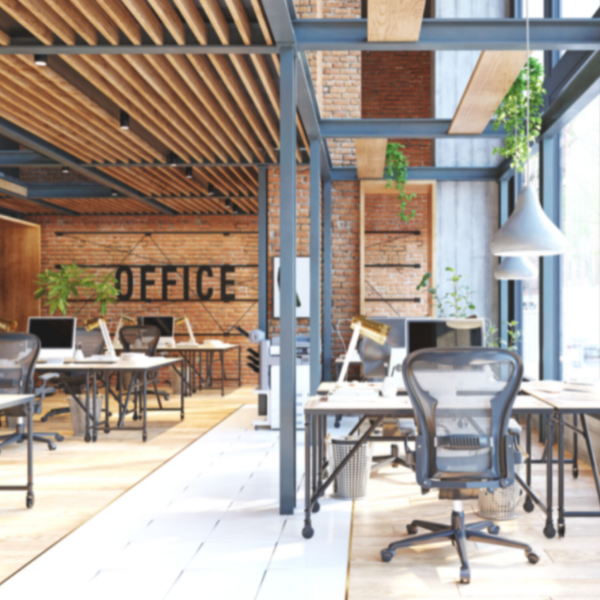When small business and entrepreneurs are looking for commercial space, they may wonder if it makes more sense to lease or buy. Particularly in the early years, a lease may be better from a cash flow perspective. Even if you can afford to tie up money in your down payment, would that money be better spent if you invest it in growing your business? Additionally, you may not have an accurate projection of your cash flow and growth rate. Renting provides you with an easier exit if you need more space or need to downsize.
Even though renting is less of an investment of your time and finances than purchasing a property, commercial leases should not be overlooked, as failure to understand and negotiate your lease can end up costing you later. So when you’re handed that lease, here are a few questions you should ask yourself before signing on the dotted line:
- What is the best type of lease for your business? A gross lease is the most traditional type of lease with the tenant paying rent and the landlord paying taxes, insurance, and maintenance expenses. A net lease transfers some or all of the expenses to the tenant. For example, in a single net lease, the tenant will pay the base rent plus property taxes, while a double net lease would include property taxes and insurance, and a triple net lease would include property taxes, insurance, and maintenance costs.
- Is it too expensive? The rental rate states the amount of rent and when it will be paid. Most leases also include late payment provisions that impose additional charges if you fail to pay the rent when it’s due or within a specified grace period. If your business experiences seasonal or irregular sales activity, try negotiating a flexible rental rate that corresponds to the changes in your cash flow.
- Is the lease term flexible? Try not to tie yourself to a long lease term; your business may grow faster than you expect or the location might not work out for you. A short-term lease with renewal options is usually safer. A renewal option specifies whether you have the option to renew the lease when it expires and, if so, specifies the amount of rent to be paid. A renewal option can give your business protection against large rent increases when your first lease term expires.
- Who pays what? You may have additional expenses besides rent, which may include: (a) Common Area Maintenance fees to maintain common areas shared by other tenants within the same building or office space; (b) utilities; and (c) maintenance and repairs of your leased space.
- What improvements can be made? You may want to do make some improvements to retrofit your space to fit your needs. Make sure it is clearly outlined in the lease what alterations you are allowed to make, who is responsible for paying for them, and who will own them after the lease ends (generally, the landlord does).
- Can I transfer my interest? Look carefully at the assignment and subleasing provision to determine if, and under what conditions, you are entitled to assign or sublease the premises to another. Subleasing offers protection if you are no longer able to pay the rent, or if you have expanded to the point where you need to move into larger space. Assignability is also favored for many reasons; one being that if you sell your business, you will want to assign the lease to the new owner.
- What happens if you default? It is important to understand the default process as outlined in your lease. You should negotiate your lease to require written notice followed by a grace period (which allows a cure period to make a late rent or comply with another lease requirement) before the landlord may exercise default rights. There will be consequences once a default is uncured so make sure you read and understand your landlord’s remedies upon default.
- Are you personally liable? Landlords often require a personal guaranty of the lease. If you can’t negotiate the guaranty language out of the lease altogether, and you are willing to risk personal liability, try to limit the guaranty if possible.
These questions are just a few of the many that need to be asked to ensure that your business has the greatest probability for success. While it is important to review and understand the language of your commercial lease, some of the more complicated provisions may be best suited for an attorney who can advise you, and if necessary, negotiate those provisions on your behalf.
Author
-

Danielle G. Garson
Danielle Garson is a Principal at McCarthy Lebit with a practice focused on the areas of commercial real estate, business, corporate, and banking law. Learn more about Danielle and her practice.
